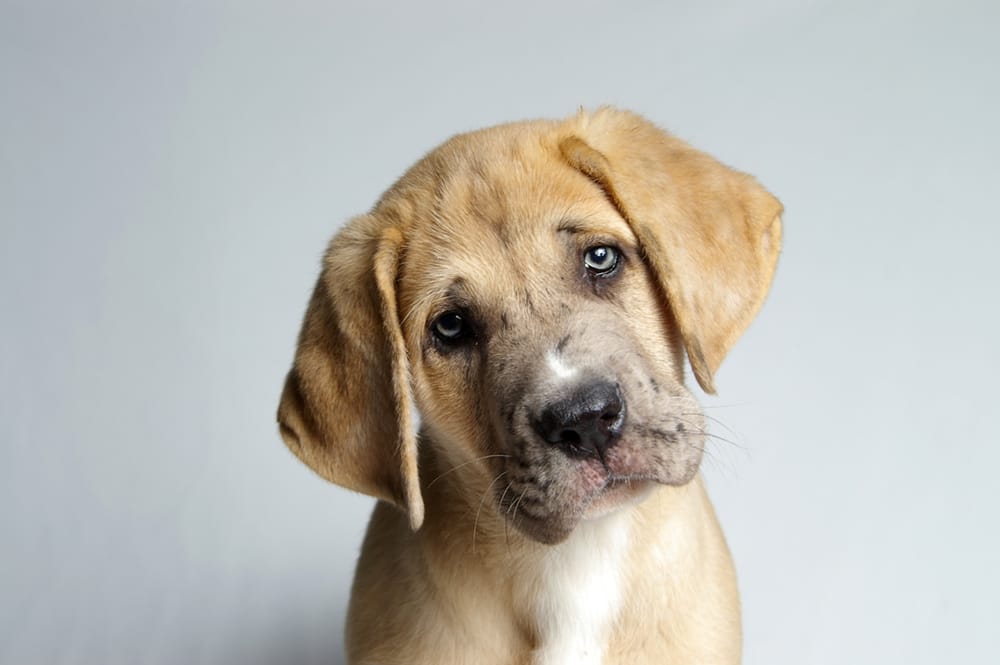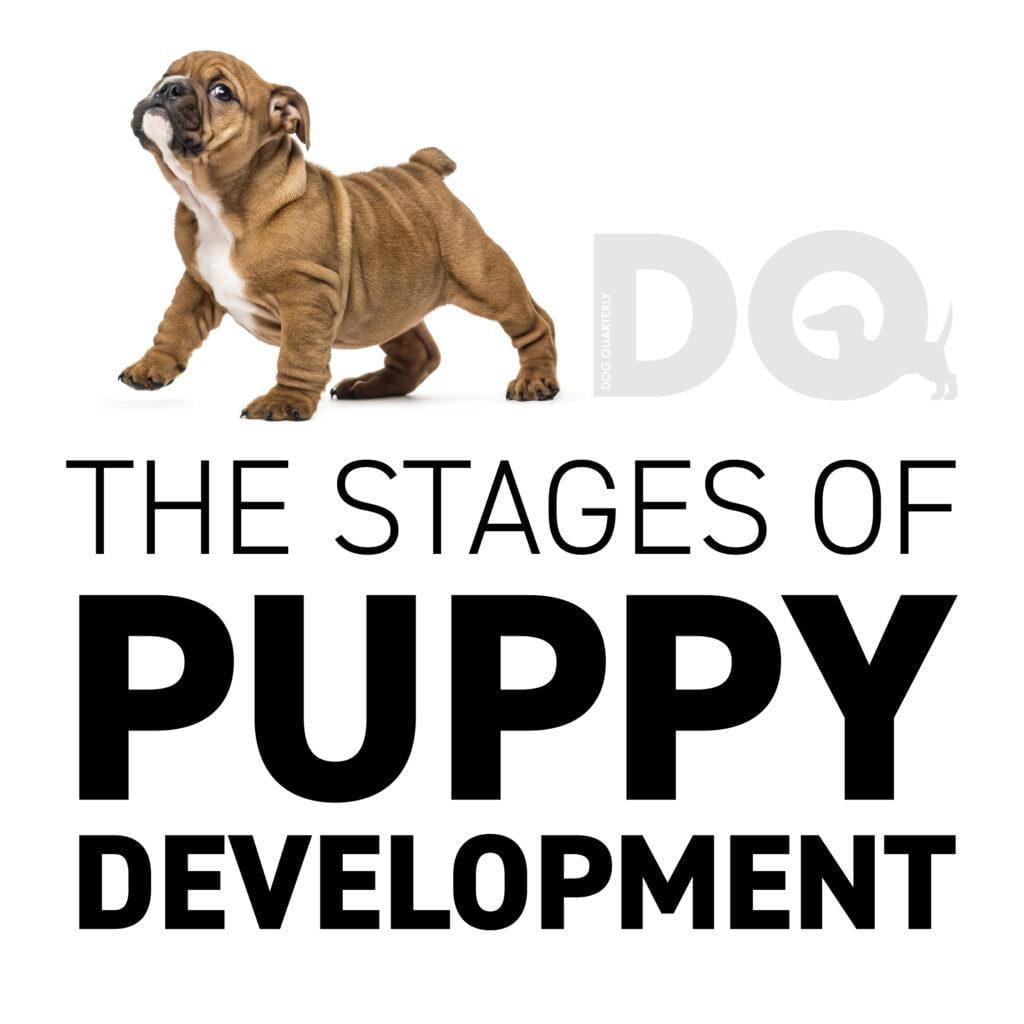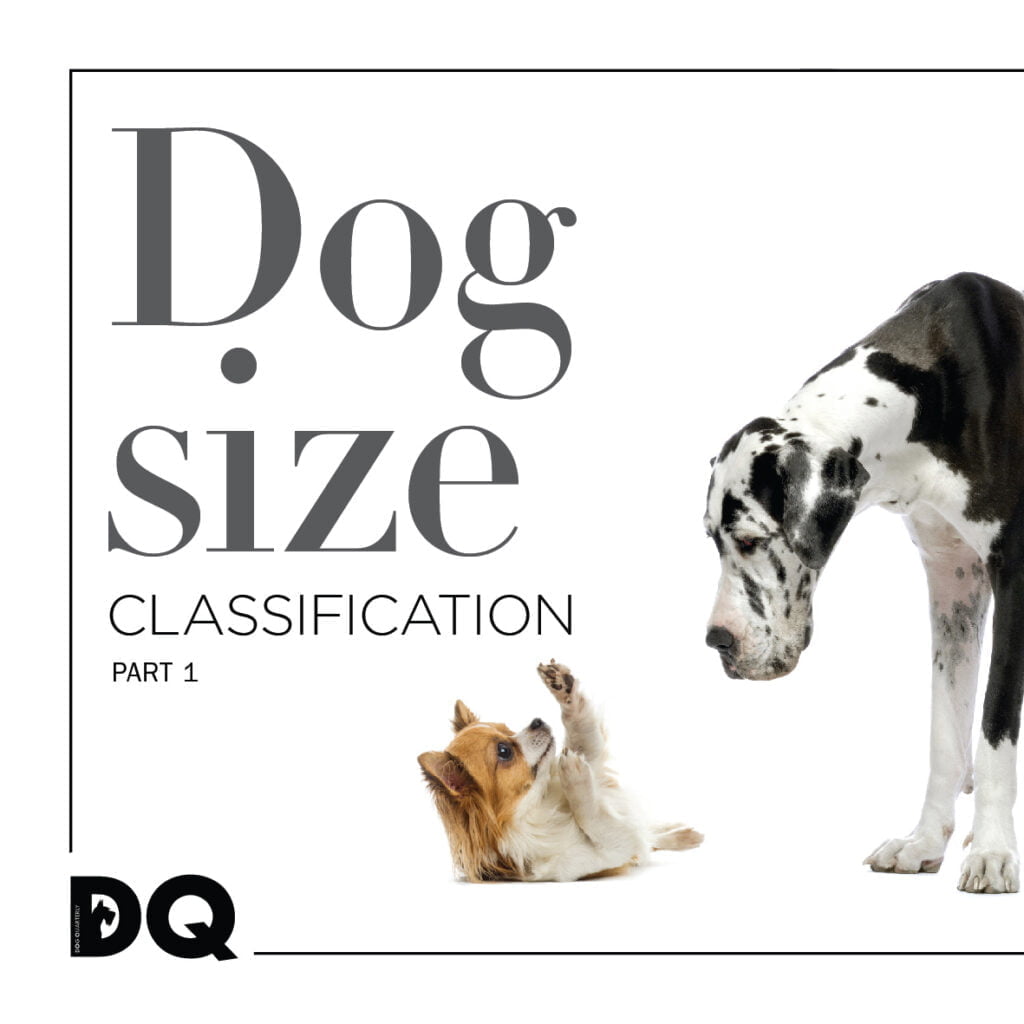A guide to effective training
Puppies are adorable bundles of energy and curiosity, but their penchant for chewing and biting can be both frustrating and, at times, painful. However, it’s essential to remember that chewing and biting are natural behaviours for puppies as they explore their environment and teethe. In this article, we’ll explore practical strategies for handling chewing and biting in puppies, helping you raise a well-behaved and happy furry friend.
- Understand why puppies chew and bite
Before addressing the issue, it’s vital to understand why puppies engage in these behaviours. Chewing helps them explore and alleviate teething discomfort while biting is often a form of play or communication. Recognising these motivations can help you respond appropriately.
- Provide appropriate chew toys
To redirect your puppy’s chewing instinct, offer a variety of safe and durable chew toys. High-quality teething toys and puzzle toys can help soothe their gums and keep them mentally stimulated. Rotate these toys to maintain your pup’s interest.
- Puppy-proof your home
Puppy-proofing your home is essential to prevent destructive chewing. Remove or secure items that could be tempting targets for your pup, such as shoes, cables, and household plants. Keep valuable or dangerous items out of reach.
- Supervise and train
Supervision is vital during the early stages of puppyhood. When your pup starts to chew or bite something inappropriate, redirect their attention to an acceptable toy. Use positive reinforcement by praising and rewarding your dog when they chew on the right things. Don’t ever punish your puppy for chewing; we must never forget that it is a natural instinct so punishing them for expressing it will only create distrust and confusion.
- Teach bite inhibition
Puppies need to learn bite inhibition, which means controlling the force of their bite. You can teach this through gentle yelping or a sharp ‘ouch’ when they bite too hard. This mimics how puppies learn bite control from their littermates. Gradually, your puppy will understand that gentler play is preferred.
- Socialise with other dogs
Puppy playdates or interactions with well-mannered adult dogs can help your pup learn bite inhibition and proper social behaviour. Other dogs can provide valuable lessons on what constitutes appropriate play.
- Consistent training
Consistency is key in puppy training. Establish clear rules and boundaries for chewing and biting, and ensure all family members follow the same guidelines when interacting with the puppy. Mixed messages can create confusion.
- Timeouts
Use short timeouts if your puppy persists in biting during play or ignores redirection. This involves removing yourself or the puppy from the play area for a minute or two. It teaches your pup that overly rough play results in the end of the fun.
- Seek professional help
If your puppy’s biting and chewing behaviour becomes excessive or aggressive, consider seeking guidance from a professional dog trainer or behaviourist. They can provide specialised training and strategies to address more challenging cases.
- Patience and persistence
Remember that puppies are learning, and it may take time for them to fully understand what constitutes appropriate behaviour. Be patient and persistent in your training efforts. Over time, your pup will grow out of some of these behaviour
Conclusion
Handling chewing and biting in puppies can be a challenging aspect of raising a young dog. By providing appropriate chew toys, supervising and redirecting their behaviour, teaching bite inhibition, and maintaining consistency in your training, you can help your puppy develop into a well-behaved and well-adjusted adult dog. With love, patience, and positive reinforcement, you’ll forge a strong bond with your furry friend while guiding them towards appropriate behaviour.



